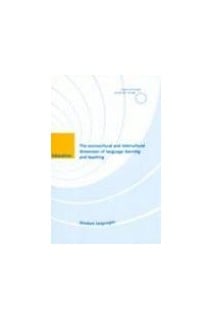The acquisition of intercultural competence involves learners in recognising the relativity of cultural practices, values and beliefs, including their own.
The compendium analyses this approach, and one of its purposes is to show how the international workshops organised during the Modern Languages Project have led to research, experimentation and reflection by individuals or networks, and identified examples of good practice. The case studies described here provide an opportunity to reflect on the relationship between theory and practice in developing the sociocultural aspects of language teaching.




